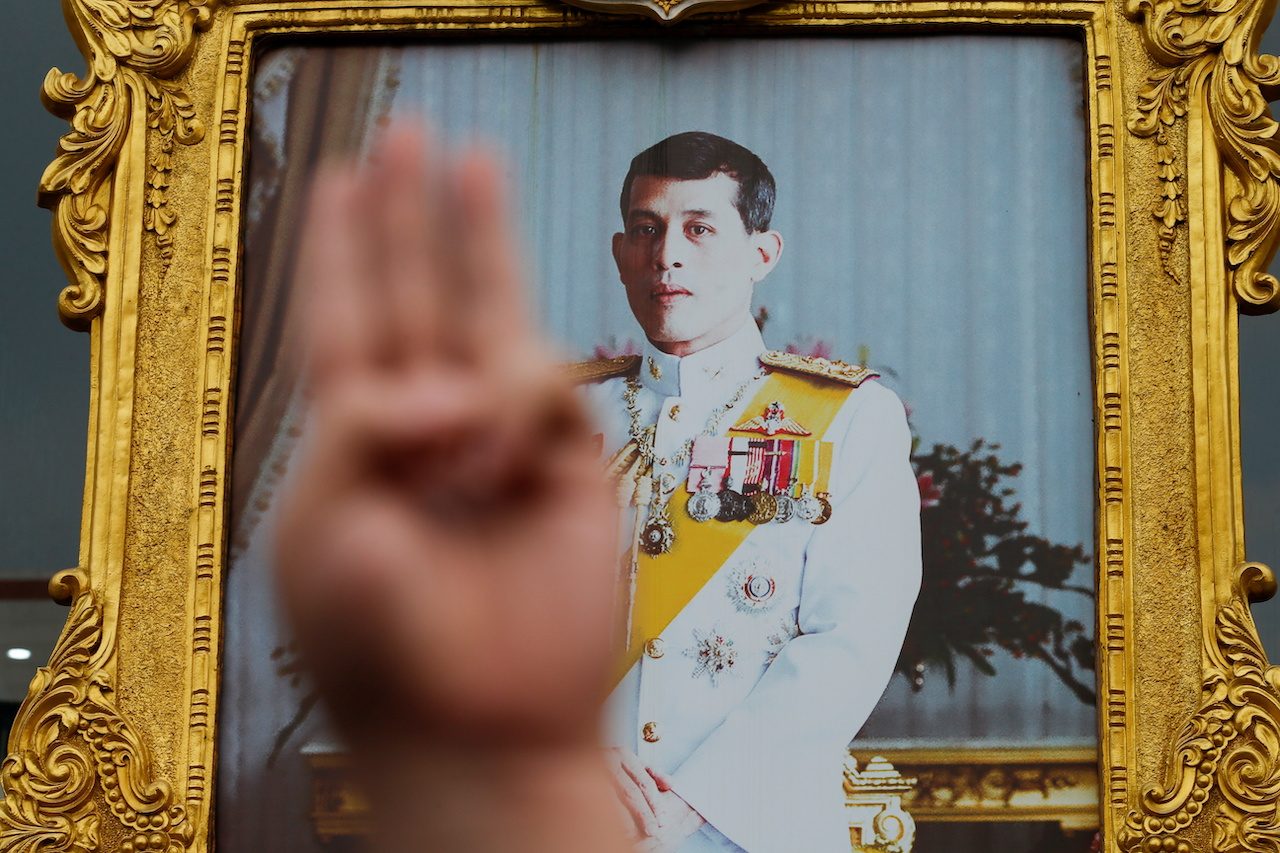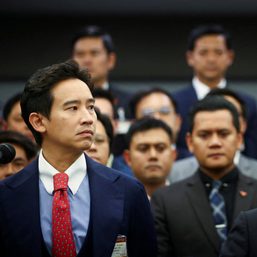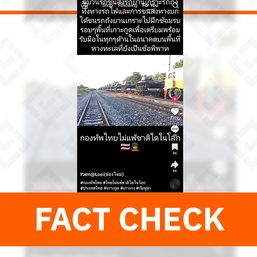SUMMARY
This is AI generated summarization, which may have errors. For context, always refer to the full article.

United Nations human rights experts on Monday, February 8, spoke out against Thailand’s increasing use of a law forbidding criticism of its royal family, singling out a 43-year sentence for an elderly woman convicted under the law.
The condemnation comes after dozens of police cases have been filed against leaders of youth-led demonstrations that have broken taboos by openly criticizing the Thai king, risking prosecution under a strict law known as lese majeste that is punishable by up to 15 years in prison.
Since November, at least 40 youth activists have been charged under the law, according to records compiled by the Thai Lawyers for Human Rights. All of the legal cases are pending.
“We are profoundly disturbed by the reported rise in the number of lese majeste prosecutions since late 2020 and the harsher prison sentences,” a group of 7 UN special rapporteurs and members of a working committee on arbitrary detention said in a statement on Monday.
The UN human rights office in December called on Thailand to amend the law.
Monday’s statement singled out the case of Anchan Preelert, a 65-year-old woman sentenced to 43 years in prison in January in what lawyers said was the harshest punishment yet for royal insult.
The military-backed government briefly stopped using the lese majeste law in 2018, but police started to invoke it again late last year after young protesters began openly criticizing the monarchy.
Thailand is officially a constitutional monarchy, but the king is revered by the predominantly Buddhist country’s conservative establishment. Until recently, open criticism was extremely rare. – Rappler.com
Add a comment
How does this make you feel?











There are no comments yet. Add your comment to start the conversation.